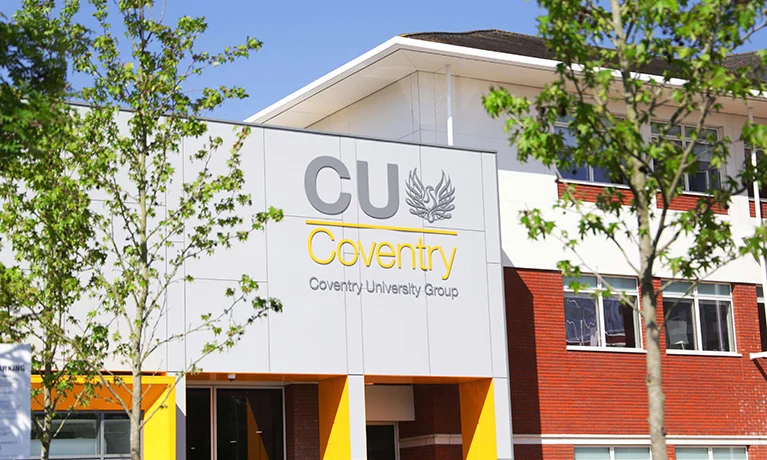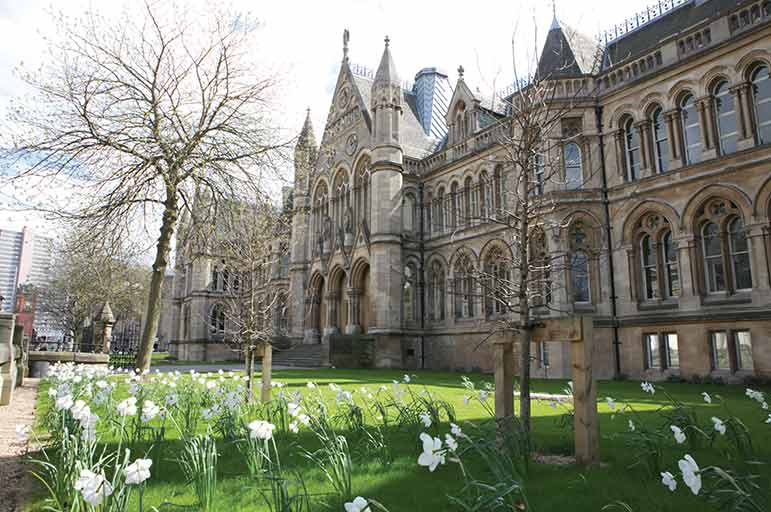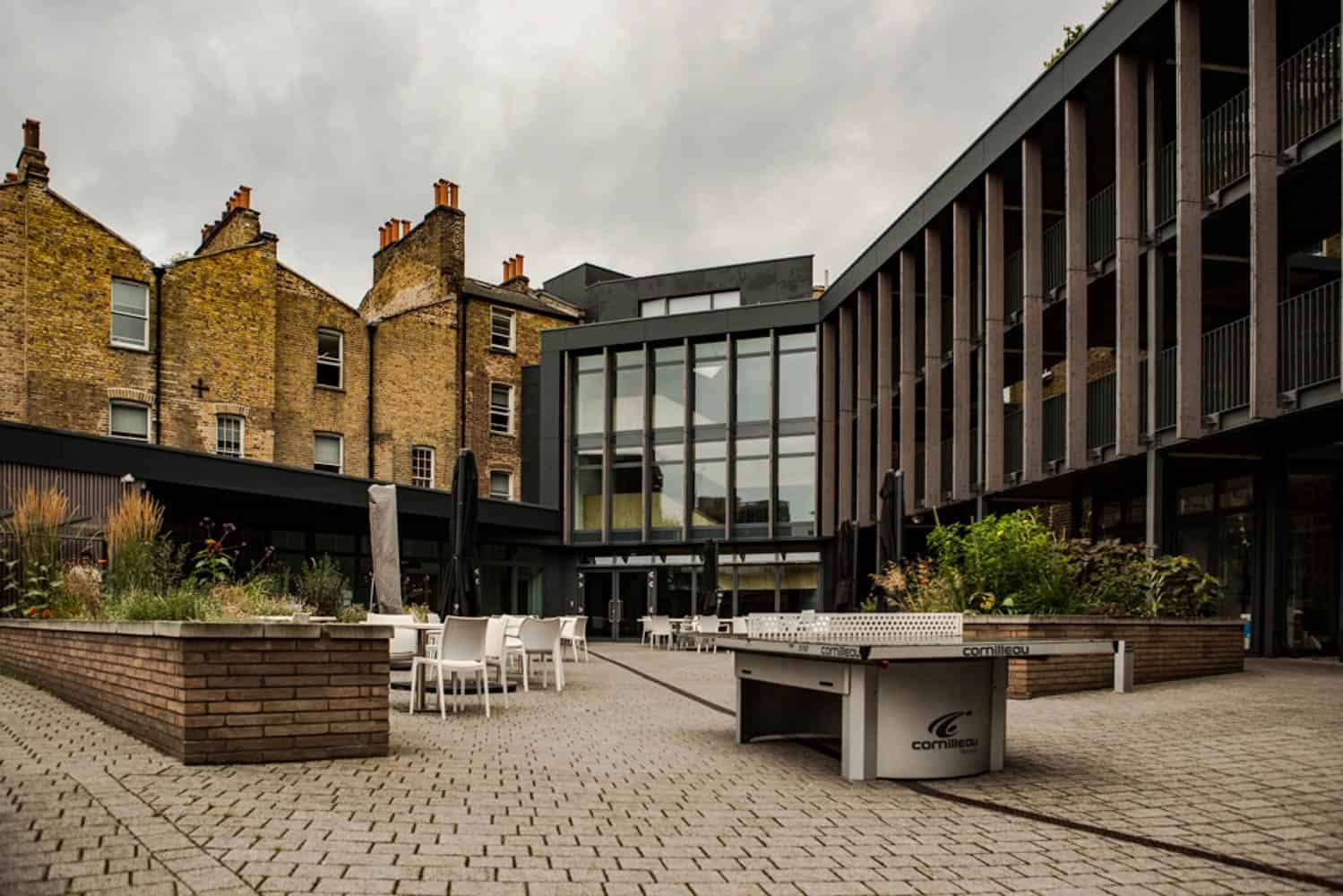Are you looking to pursue a bachelor’s degree but struggling to decide what you want to study? If so, ApplyBoard is here to make that decision easier for you.
The United Kingdom’s educational institutions are globally recognized for academic excellence and contribute largely to the UK ranking as the second most popular study abroad destination for international students. Today we’re exploring the major factors to consider when choosing a bachelor’s degree to help you make your most informed choice. If you’re searching for a master’s degree in the UK instead, be sure to check out our blog from earlier this week!

Courtesy of CU Coventry.
Work Opportunities
When choosing a bachelor’s degree, it’s essential to consider what work opportunities will be available to you. These opportunities allow students to gain invaluable industry experience in their field of study. As a result, many students opt for a bachelor with the option of a sandwich year or work placement.
A sandwich year allows you to gain one year of work experience in between your study terms. These are beneficial as they help develop your soft skills, ability to solve complex problems, and equip you with a year of industry experience. If you’re interested in a Business Management and Leadership bachelor’s degree, you might consider applying to CU Coventry. In this program, students can choose to take advantage of an optional sandwich year, where they’ll gain hands-on experience in the world of leadership and business management, while also receiving compensation for their hard work!

Courtesy of the University of South Wales.
Many academic institutions in the UK offer students the opportunity to take advantage of short-term work placements. These are usually completed during term time and are typically between one year and three months, however, some placements require students to work one day per week over a longer duration. Students aren’t typically paid for short-term work placements, but they will receive invaluable work experience. The University of South Wales offers students a work placement through its Graphic Communication bachelor’s degree.
Whether through a sandwich year or a work placement, pursuing a bachelor’s degree in the UK will provide you with the real-world experience required to excel in your studies and future career.

Courtesy of Nottingham Trent University.
Area of Interest
Since most UK academic institutions require that its students pick a major at the start of a program, it’s key that they do some self-reflection beforehand. Selecting a bachelor’s degree requires you to understand where your interests lie.
When working through this decision, it can be beneficial to consider:
- Your passions
- What alumni say about the degree
- Your strengths, weaknesses, and goals
- What classes you’ve excelled at in the past
- Future employability
If you’re passionate about fashion and have the visual communication skills to boot, you may want to consider a bachelor’s degree in Fashion Communication and Promotion like the program Nottingham Trent University offers. This is an excellent example of how your choice of bachelor’s degree can reflect your interests and skill set. However, it’s important to note that some institutions have academic requirements. For example, if a student is applying for an engineering bachelor’s degree, they will typically need to have completed specific mathematics courses before applying.
If you’re concerned that your area of interest may change throughout your undergrad, don’t be. Many students change their majors. What’s imperative is that you choose a bachelor’s degree that reflects your interests.

Courtesy of the University of Strathclyde.
Course Duration
When selecting a bachelor’s degree it’s crucial to take course duration into account. In the UK, bachelor’s degrees are typically awarded after three years of full-time study. It’ll take four years if the student adds a year of work experience in between their study terms. While professional degrees, such as medicine, veterinary, and architecture degrees, require five years of study.
If you plan to study in Scotland, it’s vital to note that bachelor’s degrees like the University of Strathclyde’s Biomedical Engineering degree are four years in length. While in other parts of the UK they are generally three years, like London South Bank University’s Tourism and Hospitality Management bachelor’s degree.
Regardless of the length of their bachelor’s degree, once graduated, eligible international students can apply to the UK’s new Graduate Immigration Route for a two- or three-year work visa. If approved, graduates will be able to remain in the UK while obtaining indispensable work experience.

Courtesy of London South Bank University.
The UK is currently open to international students, and most academic institutions are accepting applications for January, May, and September 2022 intakes. However, COVID-19 has caused a surge in applications, and many schools have already hit capacity for January, so apply as soon as possible to hold your spot.
Explore more exciting bachelor’s degrees in the United Kingdom on ApplyBoard!



